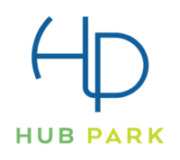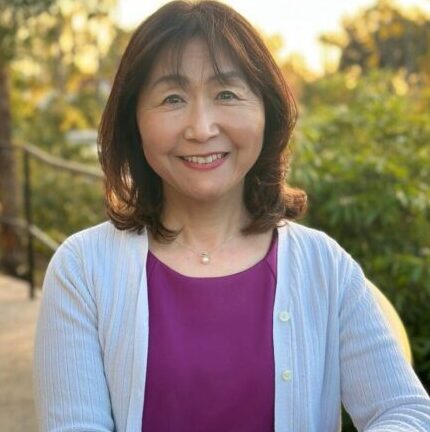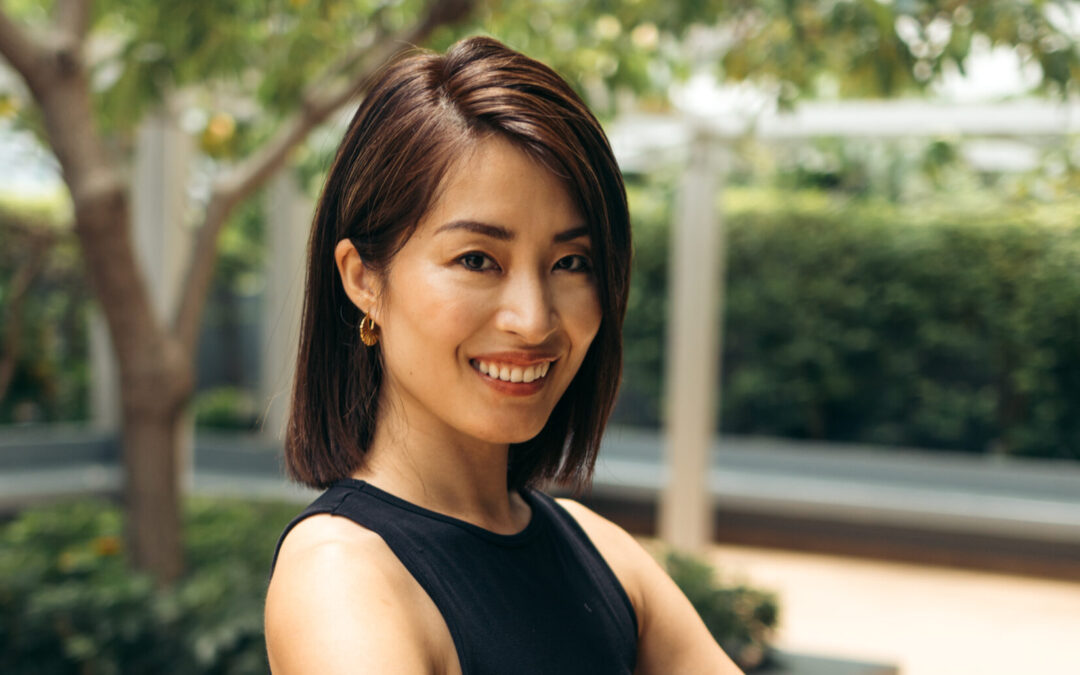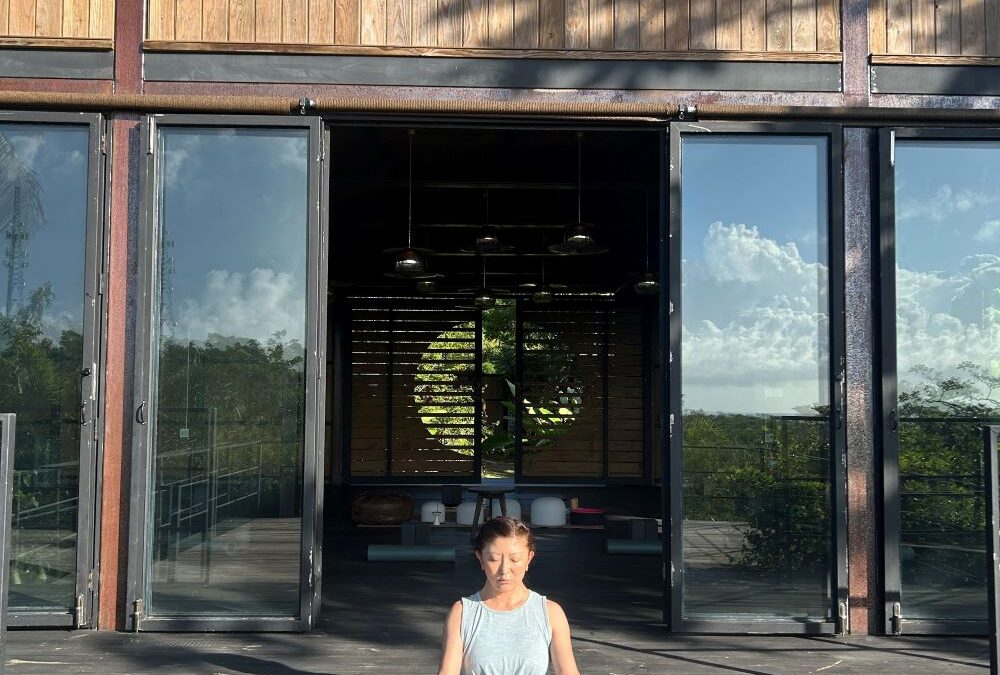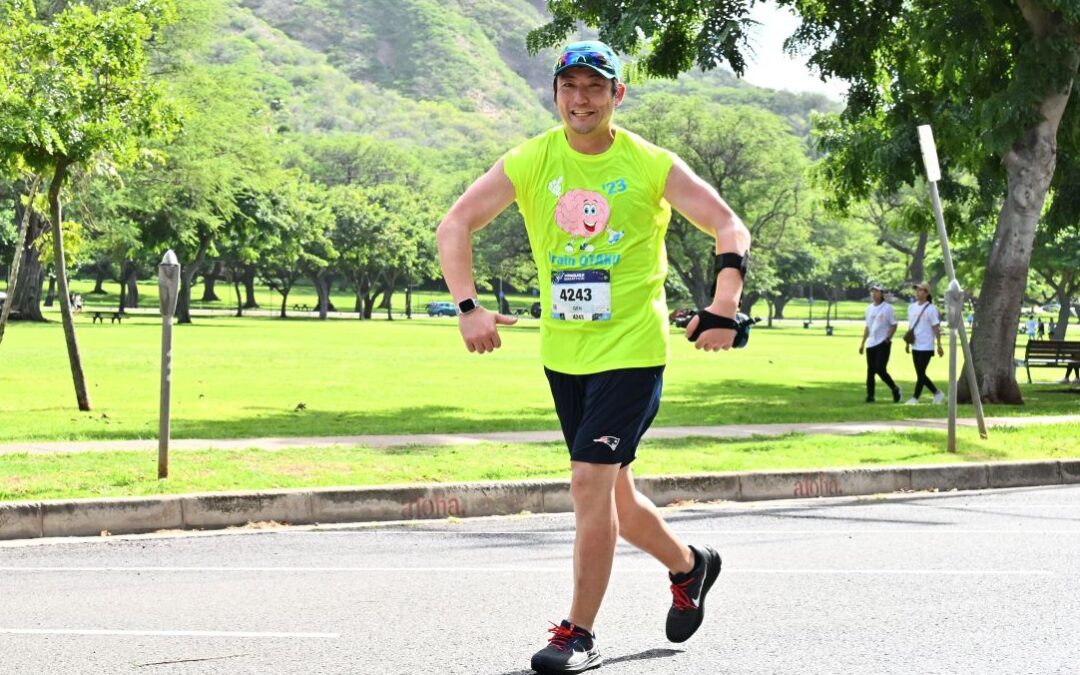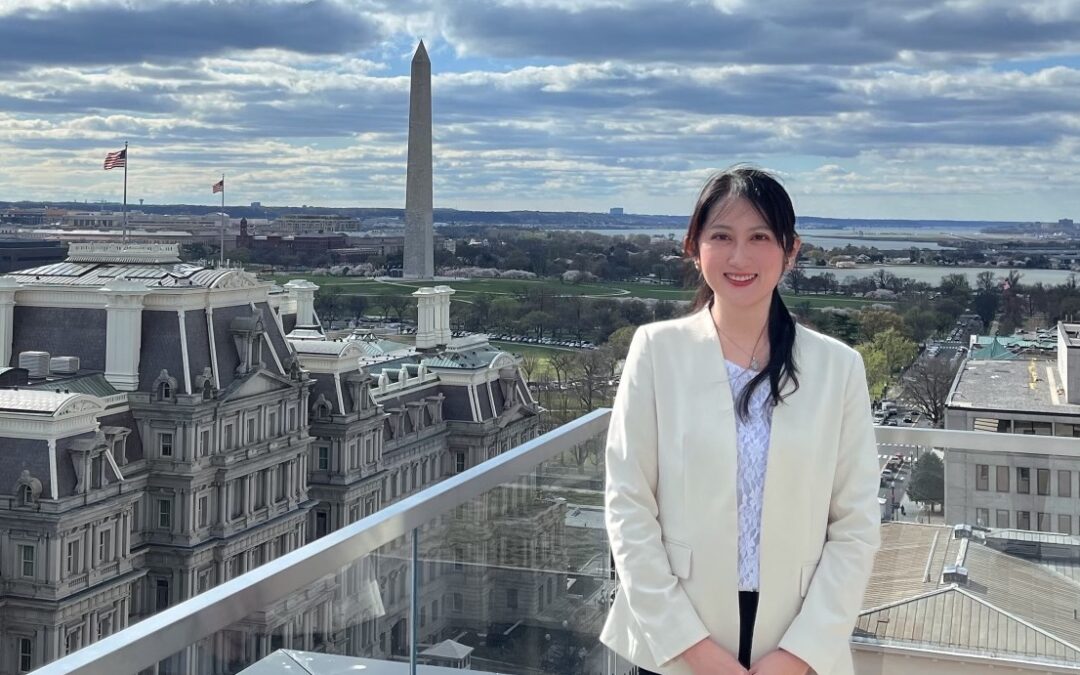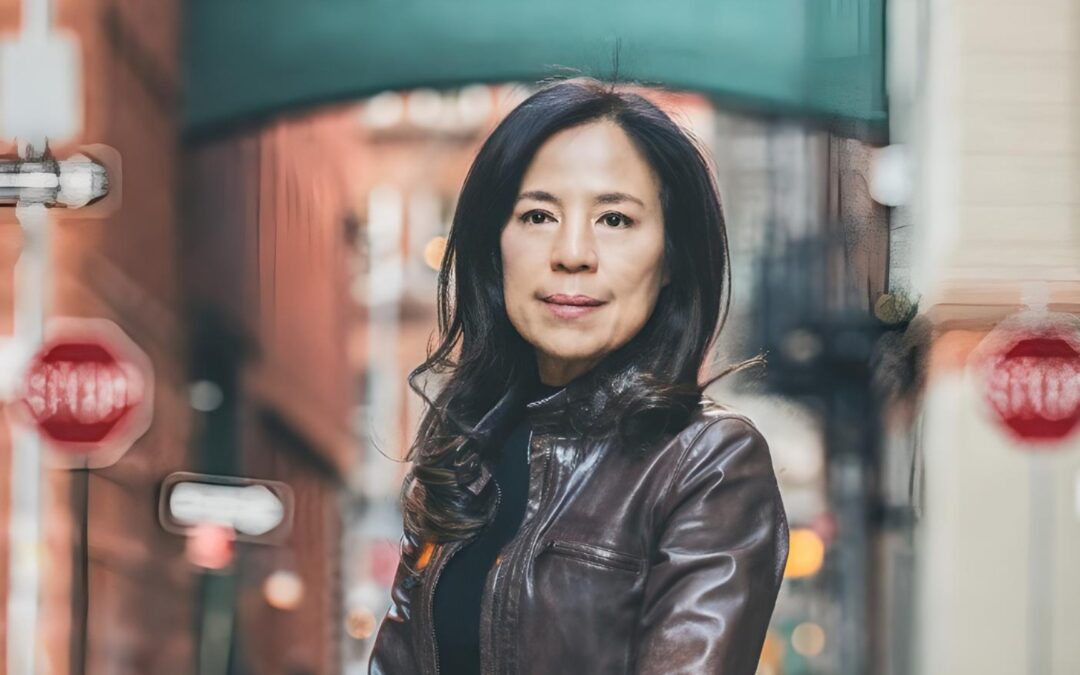This time, we interviewed Hisako Tachikawa from San Diego, California, who manages a nonprofit organization while working as an interpreter in medical care environments.
1. Please tell us about your journey coming to the United States.
My husband, who is a researcher, starting saying that he wanted to do research in America, so when he got a job as a doctoral researcher at a university in Boston, we all moved to America as a family. After that, he decided to take on a job at a business in San Diego, so we moved again.
2. Could you please tell us about you arrived at your current job and activities?
I'm currently working as a medical care interpreter, and I also manage the nonprofit Port Kai that supports parents who are raising children as well as middle and high schoolers.
After graduating from pharmaceutical college in Japan, I worked at a pharmaceutical company. Just when I had acquired a bit of experience working in a pharmacy, we moved to America. I made up my mind to become a pharmacist in America, so I started studying pharmaceutics in English and successfully passed the FPGEE (Foreign Pharmacy Graduate Equivalency Exam) and got my certification. This is an exam that assesses whether pharmacists who graduated from a foreign pharmaceutical college have the same level of qualification as those who graduated from an American college, and authorizes them if they do. Usually, once you receive certification, most people search for internships at a hospital or pharmacy and start working, but actually, I realized I was not permitted to work on my visa. It was a big shock, and when I started asking myself, Now what can I do?, I arrived at the conclusion that I wanted to study and build up my strength. I went to a big local hospital and asked them, “I have pharmacist training from Japan and I even have an FPGEE certification. Please let me work at the pharmacy, even if it’s just doing odd jobs or something like that.” They decided that I would be able to work as a volunteer. I'm really happy I've been able to do something related to medicine.
After that, I got my Green Card without incident and started interning at a pharmacy in a supermarket, during which time I passed the NAPLEX (North American Pharmacist Licensure Examination) state exam. After that, I took the California state exam, but I failed twice. At that time I was allowed to take the exam up to four times, and now the possibility of becoming a pharmacist in America started to have a sense of realness, and soon enough I came to feel anxious about actually becoming a pharmacist. If I became a pharmacist at a pharmacy in town, everything that happened during my work hours would all become my responsibility. I didn't have confidence in whether I was good enough at English, or if a call came in from a patient or doctor if I would be able to understand them 100%. In those days, I met in tears with patients who were bringing up questions about their symptoms. Because at that time I couldn't perfectly understand my patients’ English, I couldn't clearly express feelings of sympathy to them. Although when I think of it now, I think I could have shown sympathy even without understanding their words, by taking their hand or giving them a hug or some gesture like that. From those experiences, I began to wonder more and more if I could truly rise to the serious professional duties of someone who looks after others' lives or if I could really be a pharmacist. I started thinking I might be able to help more somewhere else or that there were some other place where I would be happy to be. I thought a support job might work, so I got qualified to be a pharmacy technician, but at that time the aftereffects of the 2008 financial crisis were still being felt and there were layoffs at my workplace, and I was also dismissed from the company. That was the turning point.
When I was laid off, my eldest daughter was in tenth grade. We would have to start thinking about college exams soon, and I wanted to support her as a parent as much as I could. Unfortunately, I didn't know anything about American entrance exams. But then I realized that the other parents from Japanese weekend school had the same problem, and so we all got together to exchange information about the exams. Then in 2010, Port Kai was officially started and I became involved in its management. At first it was just a meeting of friends, but participation began to rise steadily.
My leaving the pharmacy and the start of Port Kai were both in 2010. I almost felt like it was fate, and I started working on the management staff. While doing these activities, I supported my child, and we decided to send her to college. In 2013, the representative at the time stepped down, and I became the next representative.
After my eldest daughter, my eldest son also went off to college, and when I reached the goal I had set of supporting my children and sending them to college, I thought, “Now it's my time to shine!” and started my work as a medical interpreter. I became a medical interpreter because I could make use of everything I had studied before, and because I wanted to help out people who felt the same hardships I felt when I first came to America and didn't have confidence in my English at the hospital.
3. Please tell us about the fun parts and tough parts of your job and activities.
The role of a medical interpreter is to be the mediator between the healthcare professionals and the patients. When patients can feel relief because I acted as intermediary by translating, I feel glad I'm doing this job. The moment when a nervous patient’s face suddenly lights up, or when a doctor tells me, “Thank you for interpreting," "You were a really good mediator between us”—I feel really happy then. Even though I wasn't able to become a pharmacist in America, I'm happy I can put the things I learned to good use in this way.
The tough part, the difficult part is my own mental state when I get close to patients who are in bad situations. I always try to get close with patients, but what with their conditions and the various burdens of life, every patient is quite different, so I'll never be able to understand a patient's feelings 100%. That's where I feel the difficulty of this job is.
The part of my nonprofit work that makes me happy has to be when I see the relief on mother's faces. Hearing guest speakers' stories or stories about the experiences of others before them, the expressions on mothers' faces gradually get brighter and brighter. Seeing that change is a moment of pure happiness. Since I myself was once supported by this organization, I think it would be great if I could now be of help to parents and to middle and high schoolers. I don't think anything about it is a hardship. During busy times I do have to think about the balance with my personal life, but I don't think that's a hardship. In my work as a medical interpreter and in my nonprofit activities, I act thinking about ways to support Japanese people in America.
4. Is there anything about life in America that you have struggled with?
When we first came to America, neither me nor my then five- and three-year-old children spoke any English, and we were made fun of and laughed at, and many miserable feelings came to the surface. My eldest daughter sometimes cried from not being able to understand English. At those times I would tell the children, “Let's not think that we came to America just for Dad's job. Let's work hard to get good at English for ourselves!” I didn't want them thinking that it was their dad's fault that they came to America and were feeling those painful things. I wanted them to think, We're in America right now for our own growth.
5. Please tell us about your current dreams and goals.
I've lived in America for a long time and I've come to think of this place as my home, but at the same time, I feel like the strong motivation I had at the beginning has faded quite a bit (laughter). To encourage myself, I want to study more. Since I'm going to keep my medical interpretation work and Port Kai as my two points of focus, I'm thinking I want to study more about medical care and about nonprofit management. Also, I want to expand the organization's activities.
6. Do you have any words for Japanese women here in the U.S. who have yet to find their passion or who are anxious about taking the first step to pursue their passion?
When you don't know what you want to do, anything is better than nothing, so I recommend trying out a volunteership. If you're a volunteer, you can help other people, and if you decide to quit, you don't lose anything by it.
Also, I think it sometimes happens that, while doing what is necessary in the moment, you can naturally find your own path. When you're thinking, I want to do something! but you still don't know what it is you want to do, if you keep on doing what you can, you'll naturally find something you want to do, and in the process you might find something new you're good at. At the time these things just look like random points, and there might be moments where you wonder what on earth you're doing it for, but sooner or later those points will become a through-line. And then in the future, there will surely be a time when you'll be able to think, “These are the things I've done in order to continue down this path.” That's what I believe.
Port- Kai: https://portkaisandiego.org/
★ Interviewer's note
This time I spoke with Hisako, who strikes me as a very flexible person. From what she told me, it seems like she adapted herself to the circumstances she was placed in and chose what path she would take, then when she was enjoying that path to the fullest, it naturally opened up for her. When you think of your own career path and life plan, if you become fixated on your own thoughts and methods and think, "It has to be this job," "I can only live one lifestyle," you'll shut yourself up in that narrow framework and countless possibilities you haven't seen yet could be crushed. When you feel like you're getting obsessed, I recommend asking the people around you for their opinions, or trying some internal communication, like asking yourself, “If it were X (a famous person you like or someone you look up to), how would they think about it?” Then, by always raising the question “What are the things I can do right now?” to yourself, I think you'll be able to perceive the many possibilities opening up before your eyes.
